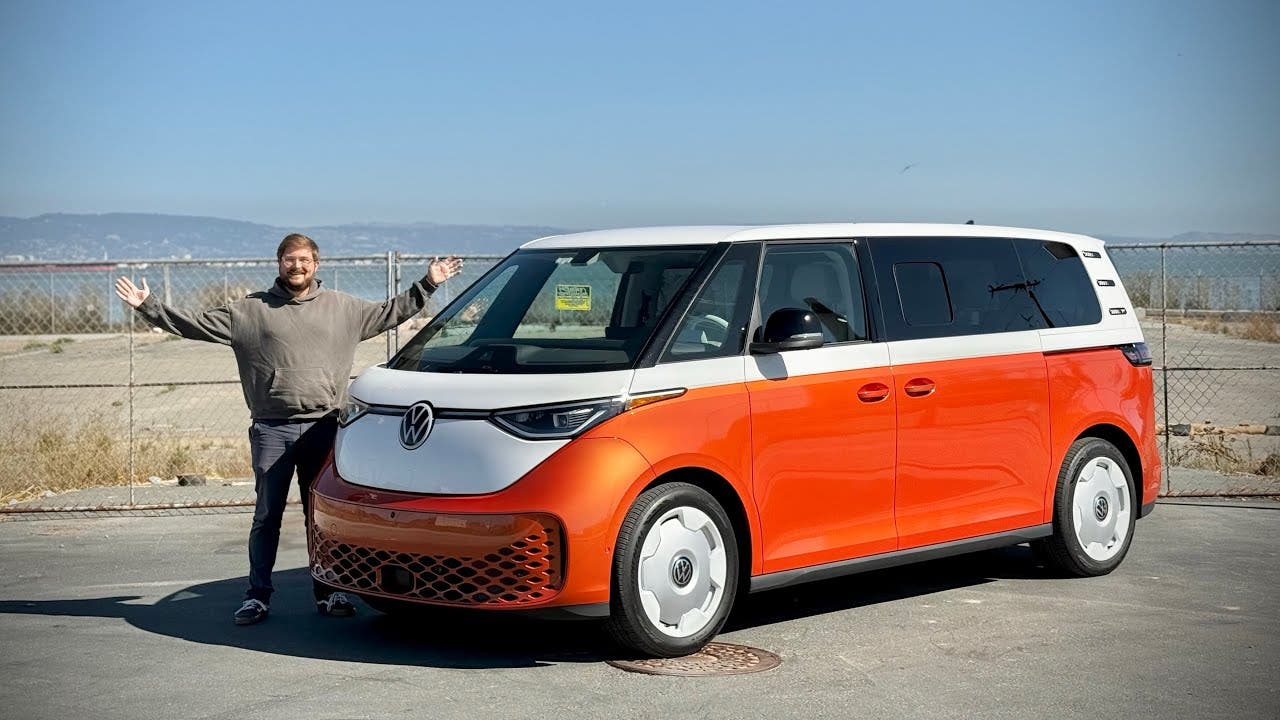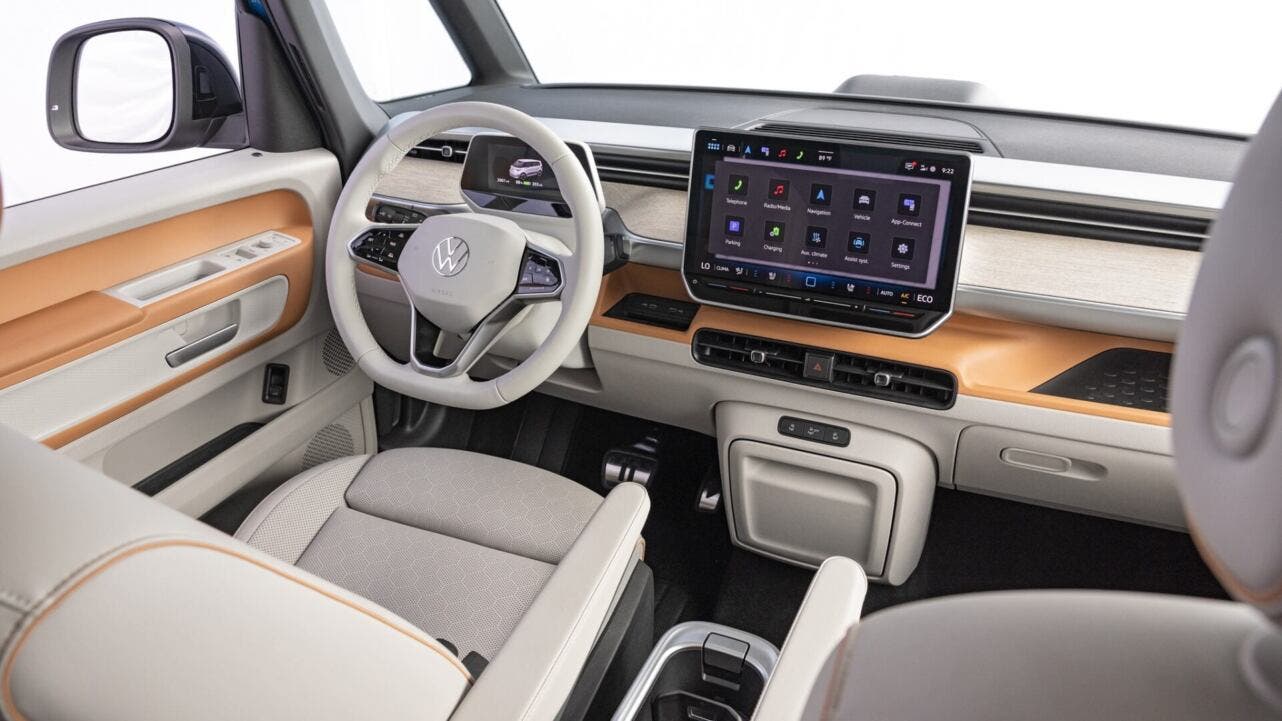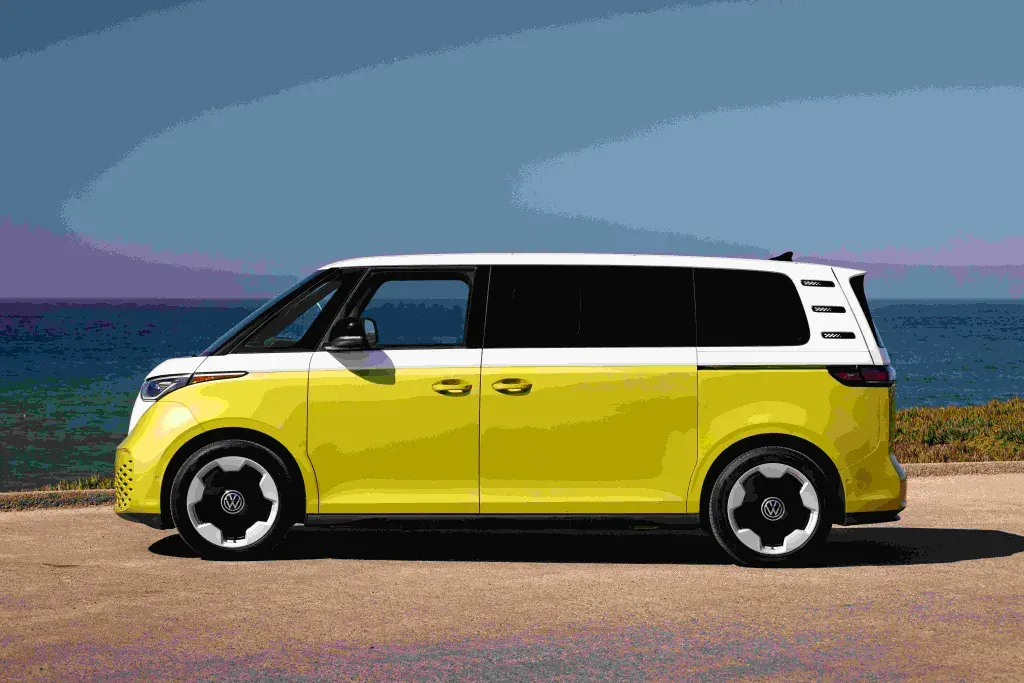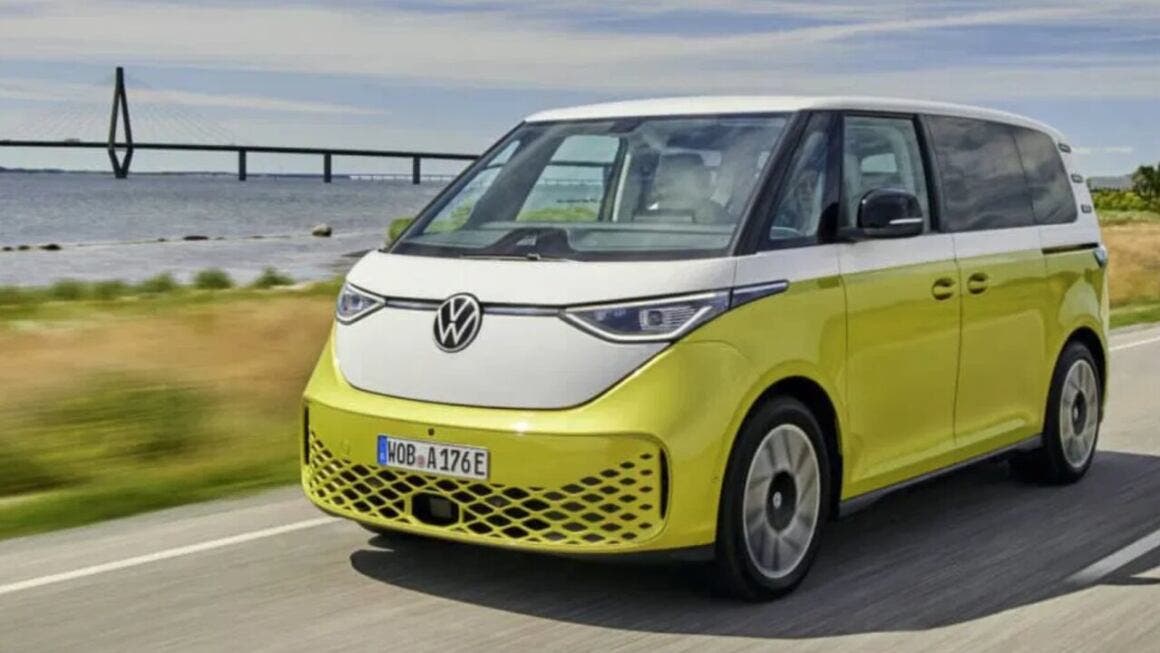Volkswagen set out to revive its legendary microbus, aiming to blend ’60s nostalgia with modern innovation through the all-electric ID.Buzz. The goal, of course, was to reestablish a strong foothold in the american auto market. But steep pricing, production delays, and regulatory setbacks have turned what was meant to be a great comeback into an uphill battle.
The ID.Buzz taps into the free-spirited vibe of the “counterculture era”. Despite its retro charm, its arrival was late and met immediately many challenges. A recall issue halted sales for two months. According to The Wall Street Journal, these hiccups highlight a larger struggle for Volkswagen to adapt to the preferences of American consumers.

Unveiled as a concept back in 2016 by executive Herbert Diess, the ID.Buzz was envisioned as an electric vehicle for the masses, not just the wealthy elite. But internal friction slowed development. Volkswagen handed the project to its commercial vehicle division in Hanover, Germany, despite suggestions to build it in the U.S.. This decision drove up labor costs significantly.
Delays on the ID.Buzz were also caused by inexperience in electric vehicle design, as well as supply chain disruptions during the pandemic. Battery costs surged, forcing budget cuts and compromises. For exemple, the interior materials made of cheap plastics.

The U.S. version, a longer three-row model, didn’t reach dealerships until late 2024, two years after its European debut. With a starting price of around $60,000, many buyers were turned off, especially as demand for EVs began to cool.

By the end of June 2025, only 564 units had been sold in the U.S. within the past three months. Over 3,000 were already delivered to dealers. A Volkswagen spokesperson called the ID.Buzz a “niche product” more intended to draw foot traffic into showrooms than to become a volume seller. Citigroup analyst Harald Hendrikse defined Volkswagen brands “a little too European”.
